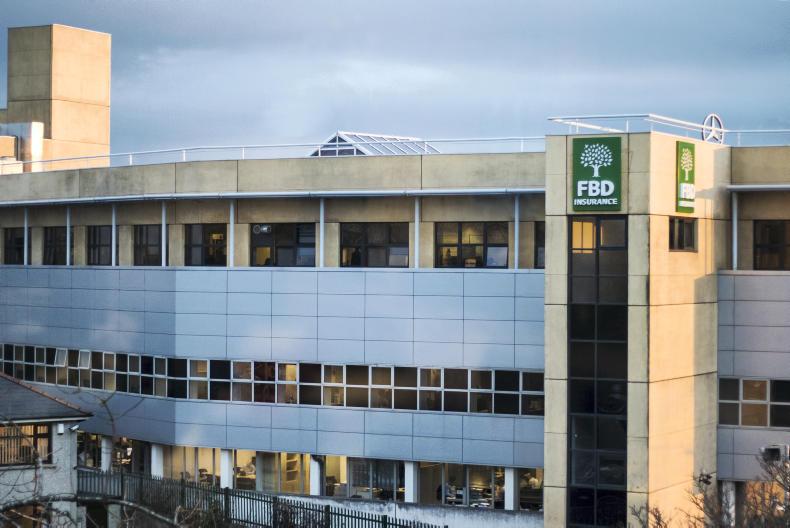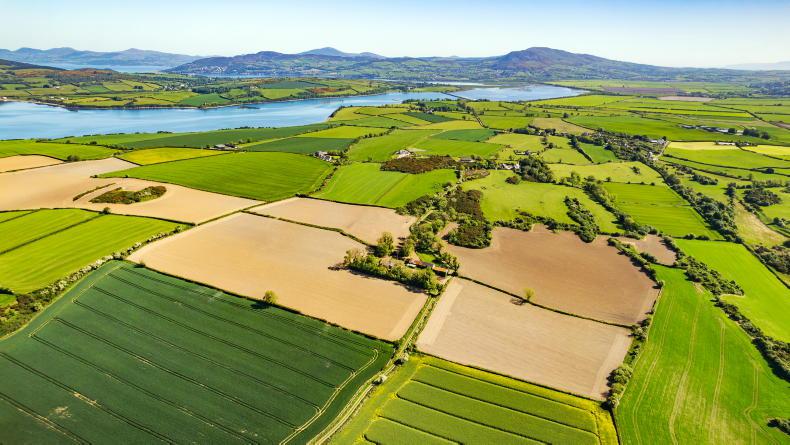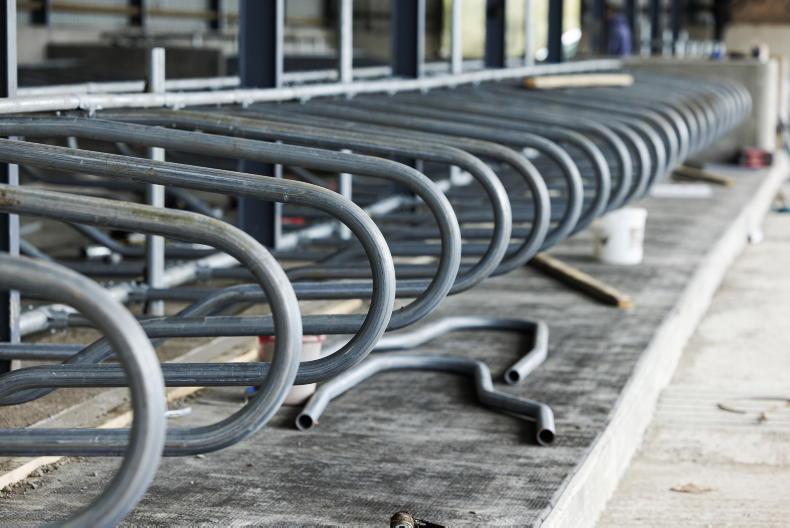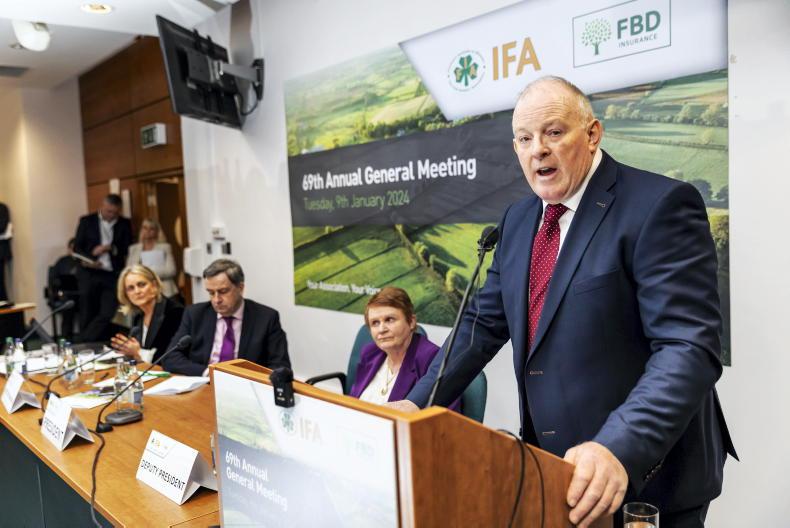Farmer investors in FBD Holdings can breathe a sigh of relief this week after the insurance group announced on Monday it will pay €86m to buy back and cancel a €70m bond (loan) that it secured three years ago from Fairfax Financial Holdings, a Canadian investment group.
FBD originally secured this €70m bond, which carried an annual interest rate of 7%, from Fairfax in 2015 when the insurer needed a significant capital injection to meet Solvency II regulations.
However, the bond carried an option to be converted into 8.2m new shares in FBD, which, if exercised, would have seen Fairfax own a 19% stake in FBD Insurance but would also have diluted the shareholdings of existing shareholders such as Farmer Business Developments.
For example, had Fairfax converted the bond to shares, Farmer Business Developments (which is the largest shareholder in FBD) would have seen its stake in FBD diluted from 24% to around 19.5%. The option for Fairfax to convert the bond to shares went live at the start of last week.
By moving quickly to buy back and cancel the Fairfax bond since it went live, FBD has removed any uncertainty overhanging existing investors of the bond being converted and shareholdings being diluted.
FBD will fund the €86m purchase of the Fairfax bond through a combination of existing cash and the issuance of €50m in new debt, which will take the form of a 10-year subordinated bond at a 5% interest rate. This will see FBD’s cost of debt fall by €2.5m annually. The insurance group says its solvency-capital ratio will remain in a healthy position above its target range of 120% to 140%, despite the new debt.
Return on investment
For Fairfax, the deal brings to an end a three-year outlay in FBD that has yielded a healthy return on investment. When FBD first tapped Fairfax for €70m in capital, FBD’s share price was on the floor at €6.45.
FBD’s share price has recovered significantly over the last two years on the back of the improving financial health of the company and has traded around the €10.50 mark over recent weeks. The €86m cost of buying back the bond from Fairfax means that FBD has effectively paid €10.45 for each of the 8.2m shares that Fairfax was set to receive if it had converted the bond.
On top of this, Fairfax has received just under €15m in interest payments from FBD over the last three years, as the 7% interest rate on the bond saw FBD pay Fairfax €4.9m per annum since 2015.
FBD chief executive Fiona Muldoon described the agreement to purchase and cancel the Fairfax bond as a win for FBD’s shareholders.
“This transaction is a great result for our loyal shareholders. It avoids any dilution of their existing shareholdings and ensures that FBD continues to maintain a very strong capital position,” said Muldoon.
Focus now turns to the future
When taken as a whole, Fairfax has done pretty well out of this deal. It made a return of almost €31m (€16m from the share price uplift and €15m from interest received) on an original €70m investment in FBD three years ago. This represents a 44% return on investment over three years. At the time, FBD shares were trading at around €6.45 and the conversion price was set at or above €8.50 – a 32% premium to the market.
When viewed in hindsight, the Fairfax bond may look like a costly piece of business for FBD. However, it must be remembered that FBD was in significant financial difficulty in 2015 having racked up losses of €96m for the first half of 2015 and the investment made by Fairfax carried significant risks.
At the time, FBD had few options in order to get its book in order to meet its capital and solvency requirements as regulated by the Central Bank. Going to the bond market would have seen it paying close to 12% per annum for 10 years. Its main shareholder, Farmer Business Developments, had already helped by taking on the remaining 50% in the hotels from FBD at a cost of €48.5m so it was not in a position to help shore it up further.
It was also suggested at the time that Farmer Business Developments should increase its stake in the insurer. However, that would also not have been possible as it would have had to make a bid for the entire business given the extent of its shareholding. Would farmers themselves have been interested and would they have taken on the risk, given where FBD was at the time?
The Fairfax deal also allowed for an exit after three years which provided options down the road. Today FBD can now secure debt at a lower rate, given the turnaround and much improved financial performance at the company.
With a line drawn in the sand over the Fairfax investment, it marks a key milestone in the history of Ireland’s only indigenous insurer. It completes the three year process of turning the business around where it has returned to profitability, returned to paying dividends and has the ability to raise debt on the markets at a competitive rate. The focus can now turn to the future and sustainable growth.









SHARING OPTIONS